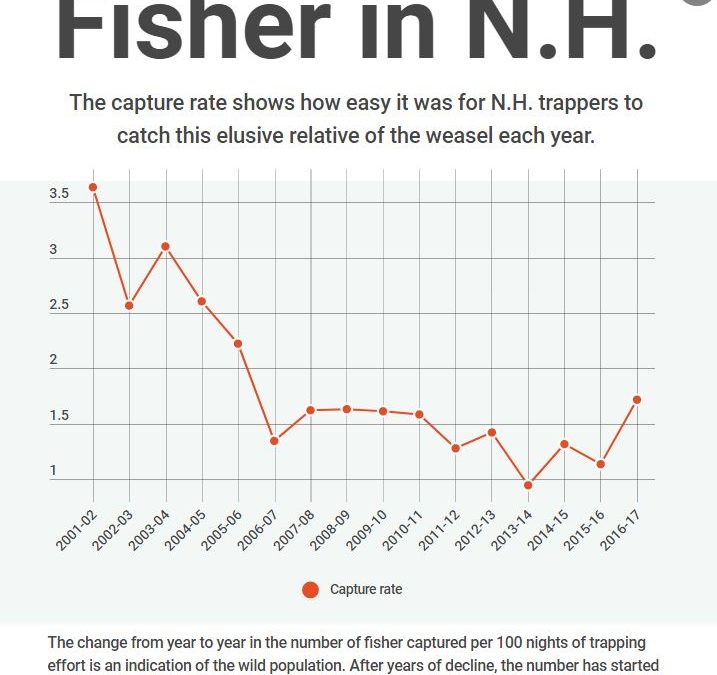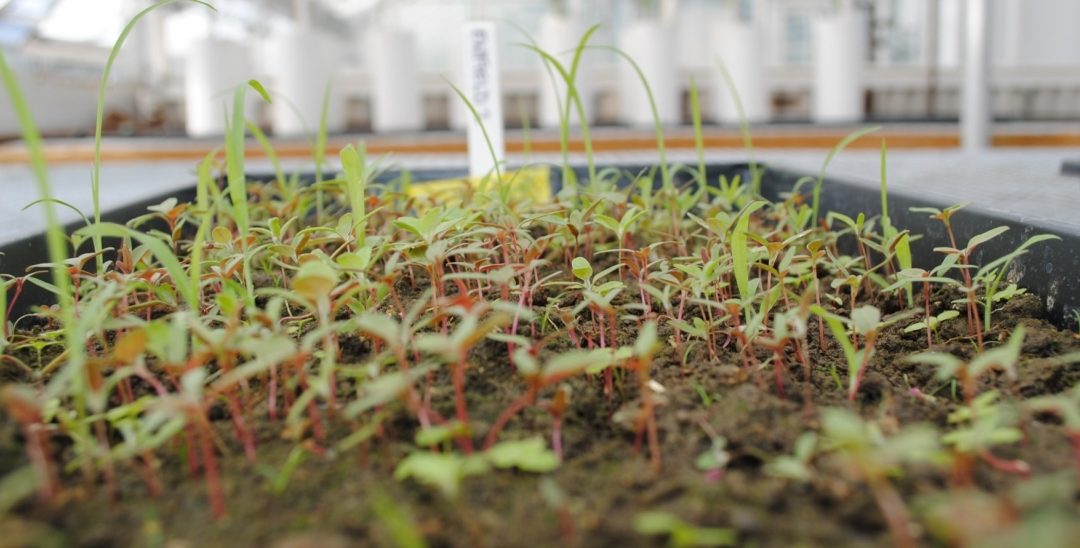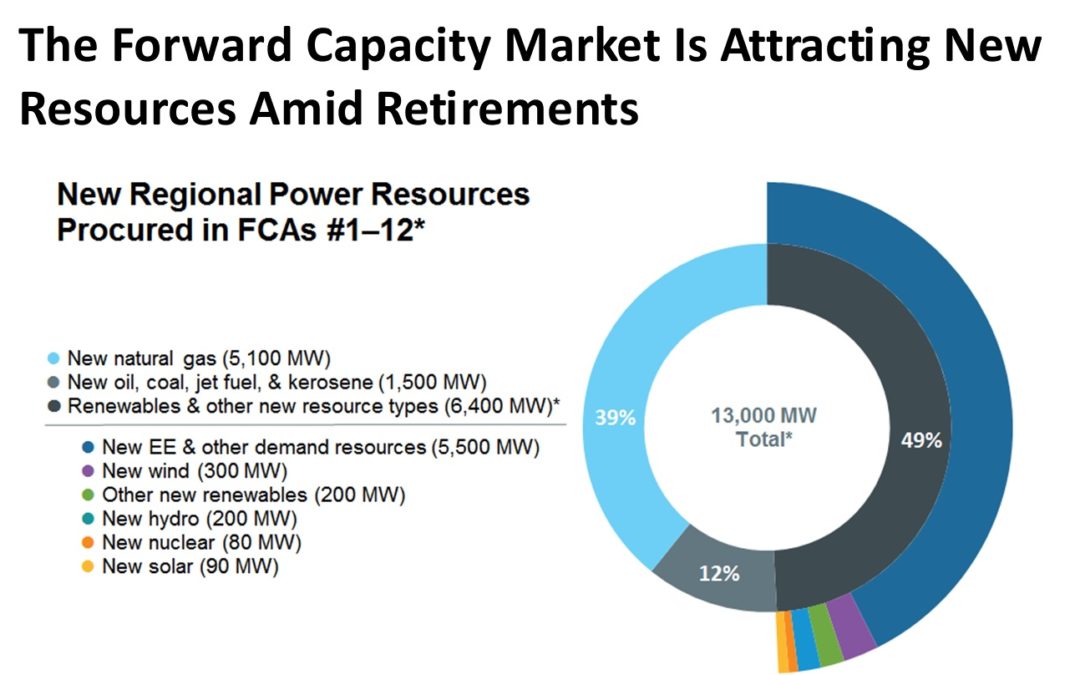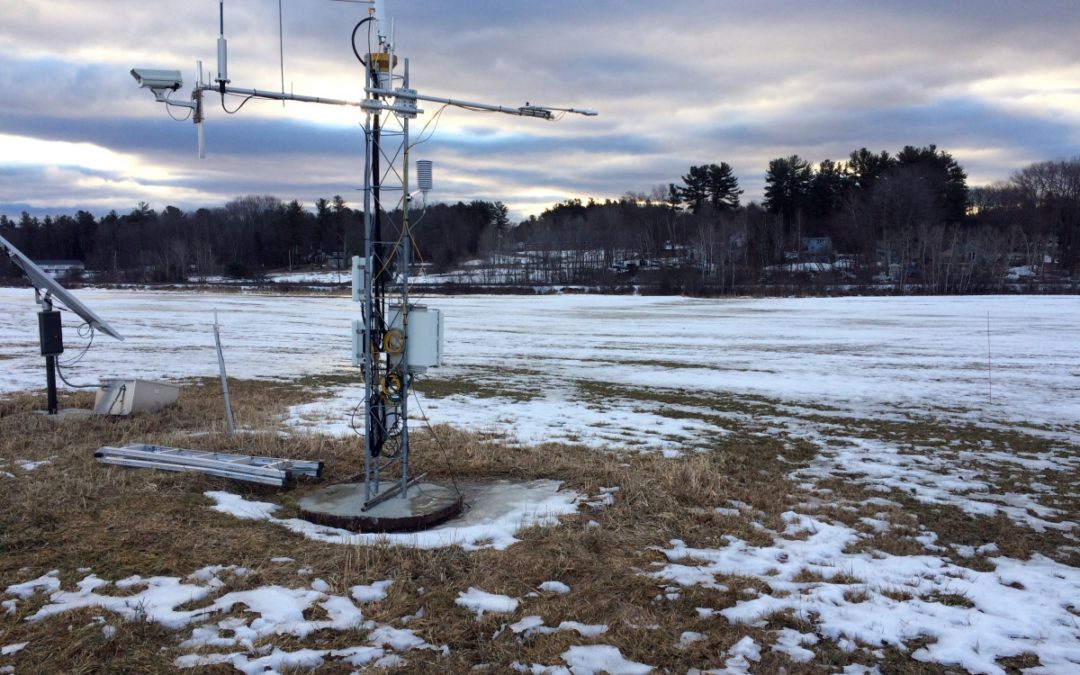Sci/tech tidbits in and around New Hampshire

We love fishers in New Hampshire – we just don’t know how many there are
In wildlife biology it’s often true that the best way to get very basic data is to to kill some of your subjects.
Here a makerspace, there a makerspace, almost everywhere a makerspace …
Concord is talking about setting up a makerspace. There are, by my count, six or maybe seven already operating in the state.
NH should have signs for electric car charging – a brilliant idea, in 1993!
This gives me a chance to take a look back at one of my stories that took a look back at one of my stories. My career is a veritable house of mirrors.
That alarmist warning about Seacoast housing seems a tad less alarmist now
“The storms we’re seeing now, people thought this was decades in the future”

We have more weeds in our future (sorry, organic farmers)
As the climate changes, the weeds that farmers and gardeners think they need to worry about may not be the weeds that are actually a problem.

Wonky policy changes will affect our power grid at least as much as big projects
CASPR isn’t a friendly ghost when you’re talking about energy markets.

Effort to revive ‘Amazing Stories’ magazine moves to Kickstarter
“Amazing” didn’t have the impact on sci-fi that “Astounding” did, but it was the first sci-fi magazine, which is why the Hugos are named after its founder, Hugo Gernsback.
Making your building more efficient is as easy as watching a video! (OK, not really)
Want to watch the last Science Cafe NH in Concord, about ways to improve, or not improve, efficiency of homes, offices and industrial buildings? Check out the video from Concord TV, the city's local-access cable channel. The discussion occasionally wanders a little...

Is there life for startups in NH north of Manchester?
Spoiler alert: Yes, but it’s a whole lot easier in the Manchester Millyard.

Less snow means trees take up less CO2 (boo!) but grass crops take up more (hooray!)
” For example, forests in New England are a much stronger sink for carbon than agricultural lands when we consider the whole annual cycle. But, as climate changes in our region, it is important to understand how the reliability of how these economic and environmental services may change,”

 Return to the Concord Monitor
Return to the Concord Monitor